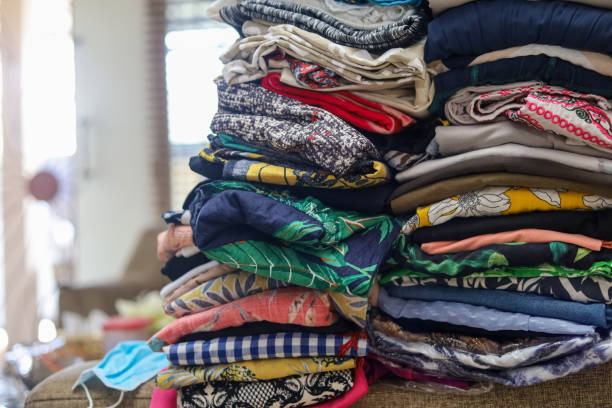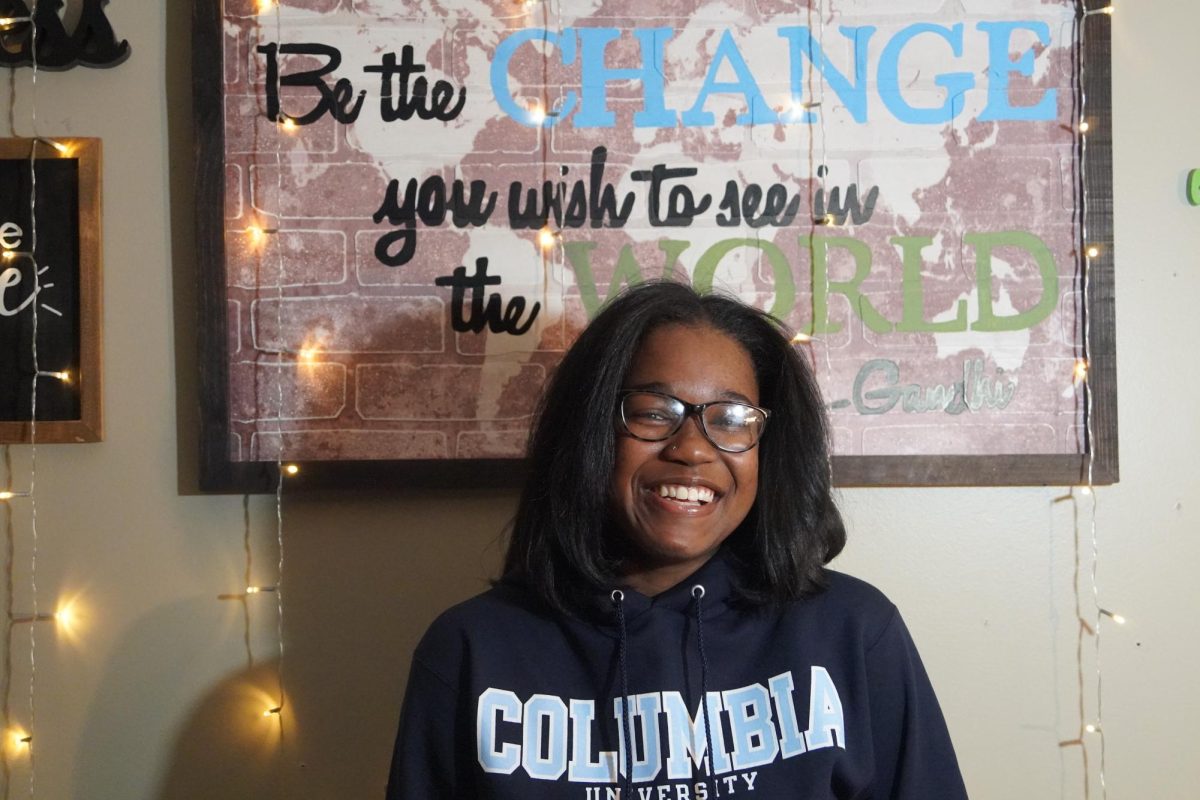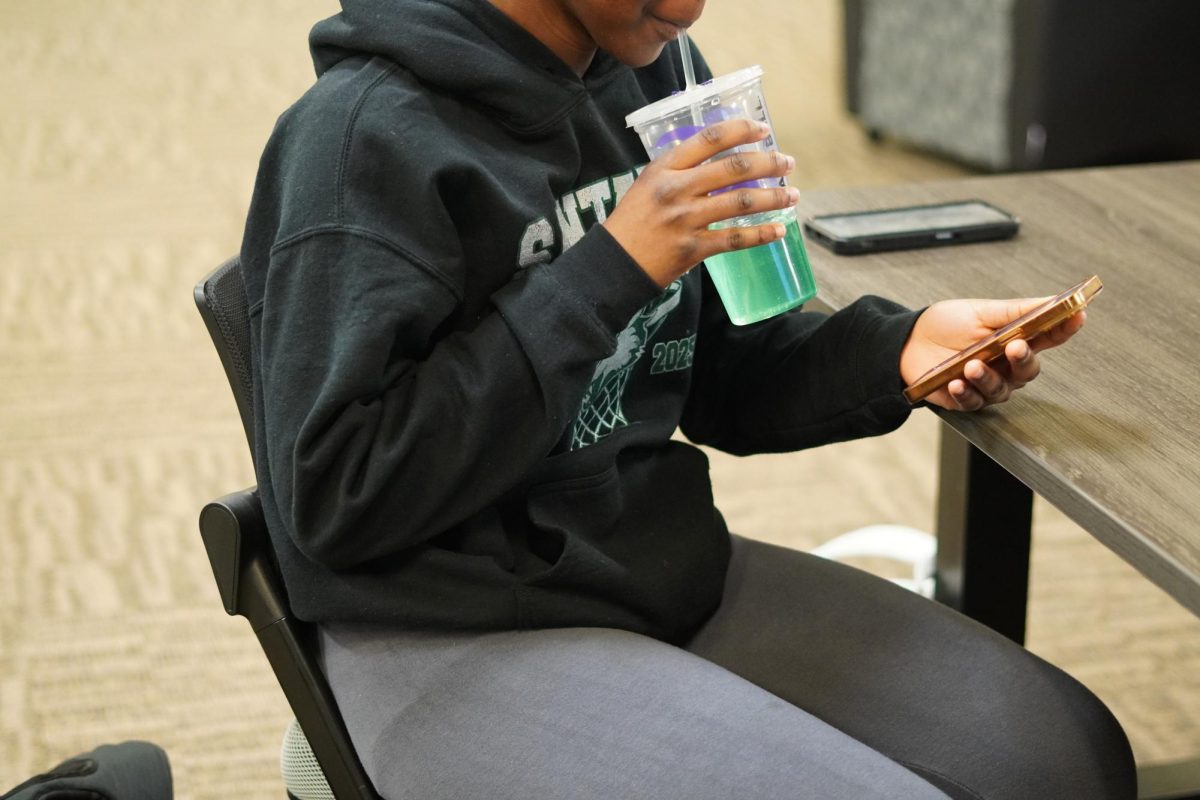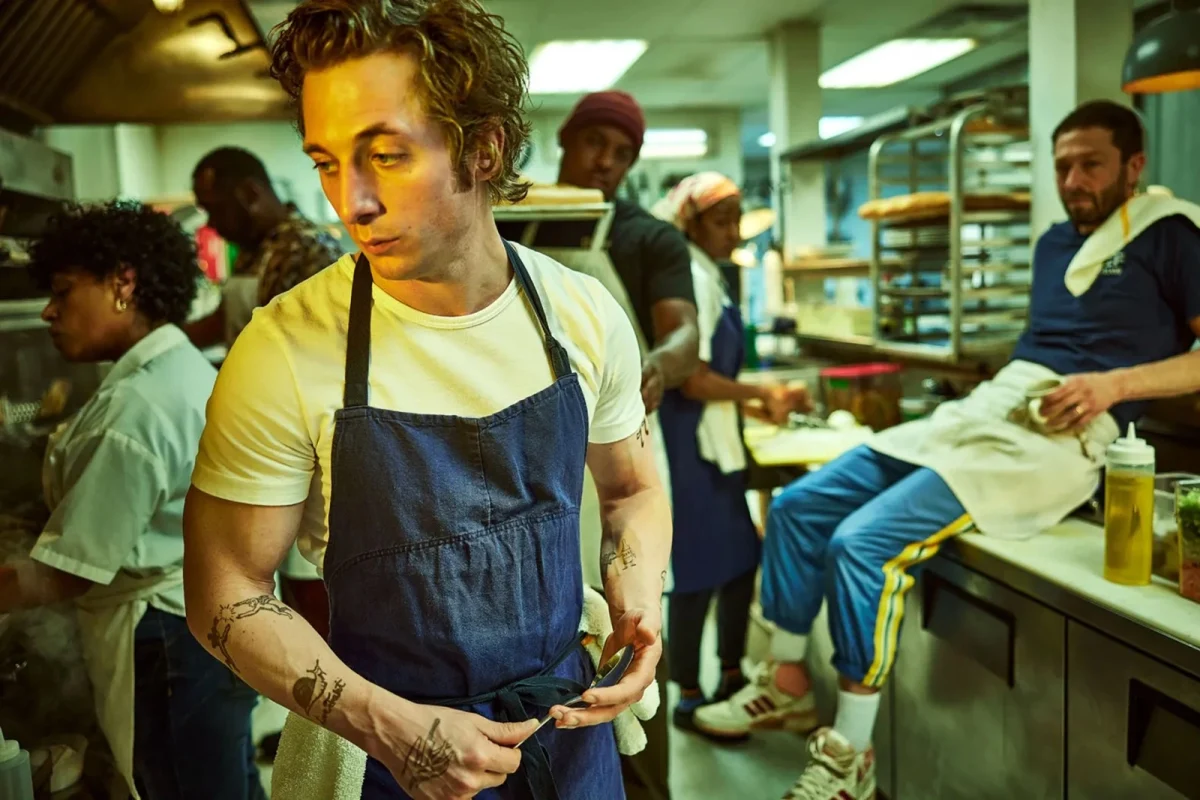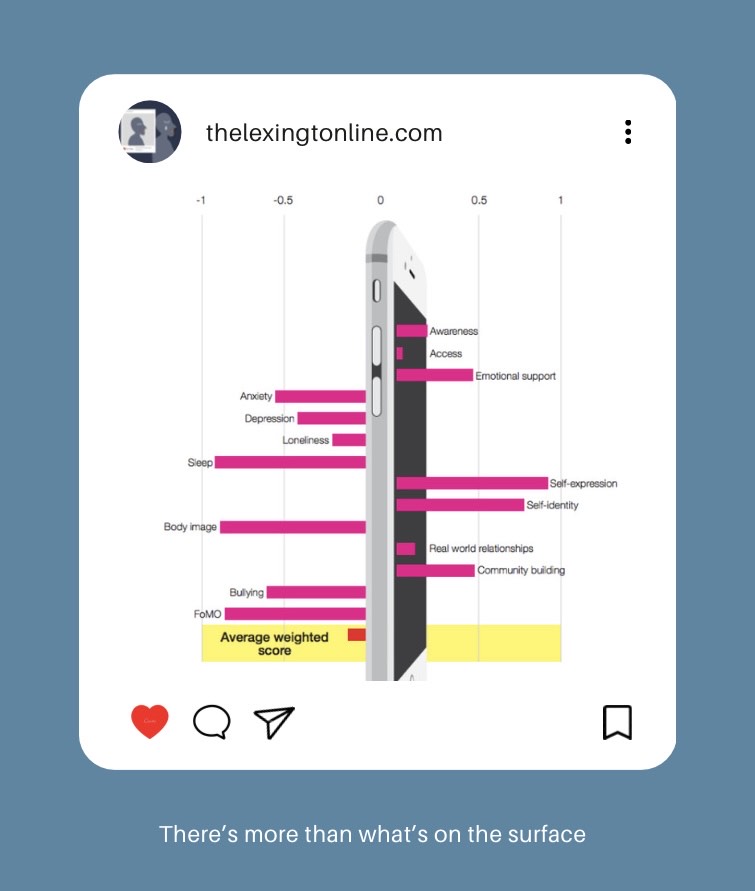Instagram or Instascam?
March 21, 2023
Social media is considered a must-have for many teenagers in the modern day and age. However, they tend to compare themselves to others and put themselves down. They see photoshopped pictures of adult models and wonder why their body doesn’t look the same. They do everything in their power so that they can look as beautiful as the people online, whether this means starving themselves or overeating.
Since social media’s emergence, it has pushed unrealistic expectations on teens worldwide — particularly those related to body image. Younger teens are struggling to normalize their changing bodies when they see these adults posting their developed bodies.
Within recent years, body dysmorphia has become an ever-increasing issue that has caused ripples through younger generations. However, this has been exacerbated by the rise of social media.
Scrolling through Instagram and seeing girls who have flawless skin and thin bodies caused me to struggle to define the line between reality and photo editing. I started to become insecure with my developing body, as I compared myself to grown women.
I thought if I looked like those girls, I would be happy.
When I would see these models, I’d look at myself and see all these flaws that I didn’t see on the girls online. I would get so frustrated with my appearance that it would prevent me from wanting to go out of the house and be around people.
I believed that if I had acne or wasn’t as thin as the models I was comparing myself to I wasn’t pretty, because everyone on Instagram had clear skin and flat stomachs. I would go days without eating trying to make myself thinner. It got to the point where I ended up in the hospital. That’s when I realized I was severely struggling.
As I was fighting battles with insecurities that social media caused, many other young teenagers were too.
¨In the time that I have had social media, it has led to anxiety of being left out as well as feelings of inadequacy,¨ said Carter Robbins, a sophomore at Deer Creek High School. ¨Whether it be someone more fit or someone who “looks” better, it has caused some problems of anxiety to be better even though I know it is all a fake facade.¨
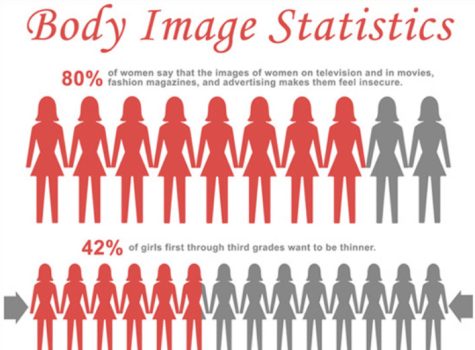
Not only does social media promote unhealthy beauty standards, but it also encourages the use of Photoshop. Social media has become the breeding ground for toxic and unrealistic expectations of what people should look like — spurring the use of filters and photo editing apps to make yourself look different.
It has become increasingly difficult to gauge the difference between what is edited or real with the improvement of video and photo editing technology.
People over the years have been captivated with trying to fit these unrealistic expectations that social media has put out. And I was one of them.
I deleted all forms of social media in 2022 as my new year’s resolution. Within a month, I became more confident in myself and started to love my body. I stopped comparing myself to these women online. It baffles me that I, as well as so many other young teenagers, would hurt themselves in order to be what social media platforms label ‘beautiful.’
Anyone at any age can struggle with body image issues. Unfortunately, it is most common in teens, and social media is mainly responsible.
Removing the source is the first step to fixing the problem.

